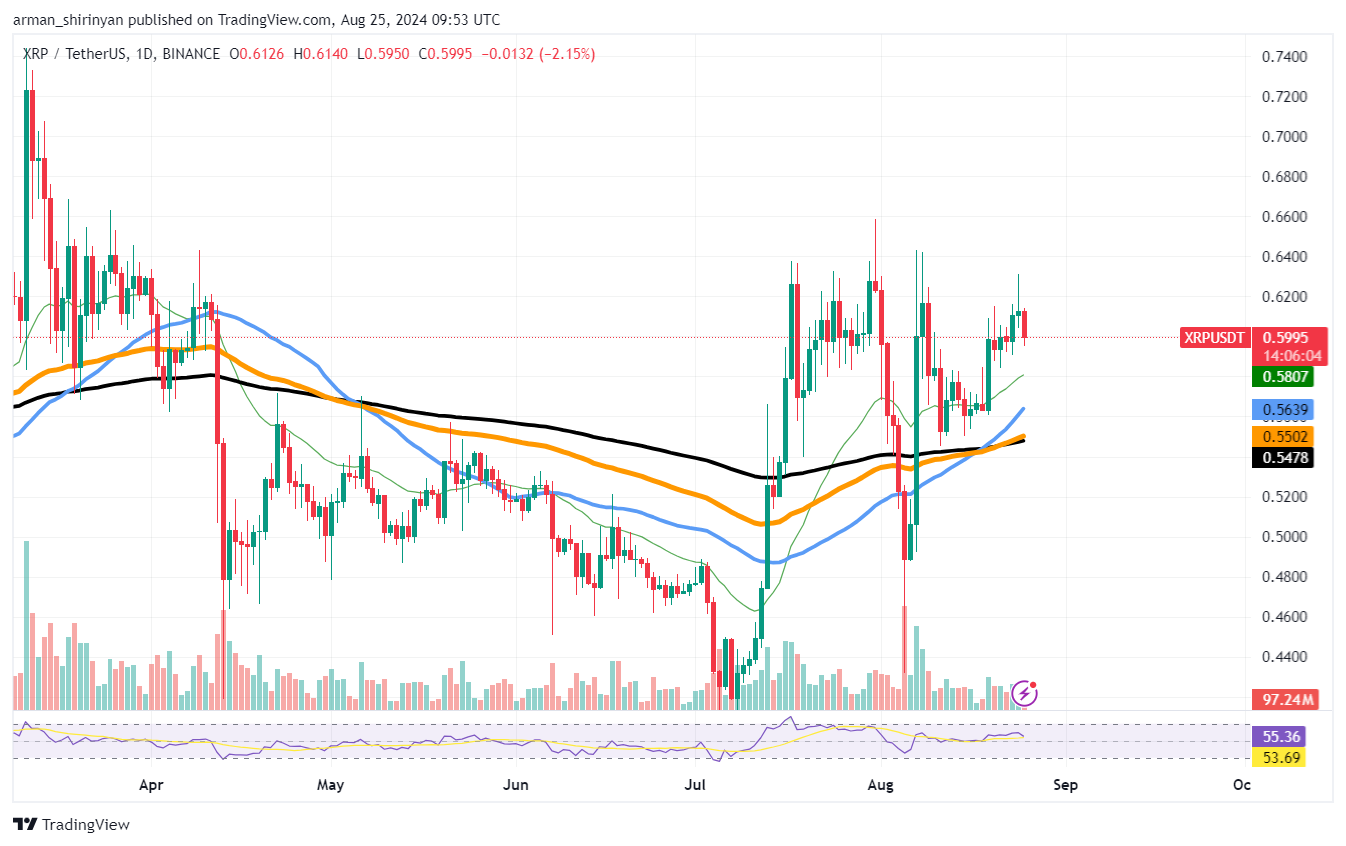Over the past week, XRP has surged nearly 5%, reaching a high of $0.5380, signaling an uptrend. Two key factors are believed to be driving this surge. Firstly, Ripple successfully obtained a one-week extension for the remedies-related discovery deadline, granted by the Court. Secondly, there is ongoing speculation about a potential settlement in the SEC v. Ripple lawsuit, suggested by crypto lawyer James Murphy, has positively impacted XRP holders, hinting at a possible resolution to the legal battle this year.
Settlement is Possible, If This Happens
During his appearance on the “Thinking Crypto” podcast, legal expert James Murphy discussed the potential for a settlement in the Ripple case, citing the 2024 election year and the potential for new SEC management as influencing factors. Murphy is clear that if there is anything that can bring resolution to the table, it is the change in SEC’s management which is only possible if the US gets a crypto-friendly government.
Not So Early!
However, attorney Fred Rispoli said otherwise, suggesting that the SEC is likely to appeal the ruling, potentially dragging the case until mid-2026. Rispoli criticized Ripple’s approach to contesting the discovery process, proposing that greater transparency in post-complaint sales could have averted problems in their future sale transactions.
In response, Bill Morgan, who supports XRP, said that if the SEC appealed Judge Torres’ decision on programmatic sales, they’d probably lose. He pointed out that the judge carefully considered the facts of each type of sale, which the SEC admitted were different.
Meanwhile, Bill Morgan emphasized that settlement negotiations in legal cases are confidential and won’t be disclosed to the public until they are officially announced.
In the ongoing SEC v. Ripple lawsuit, a recent filing revealed that the SEC had requested Ripple to submit financial statements for the years 2022–2023, indicating ongoing tensions between the two parties. Despite efforts, the SEC and Ripple have yet to reach cooperation, potentially leading to an impasse in the legal proceedings.







